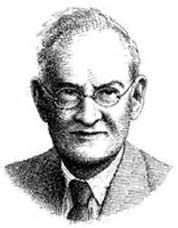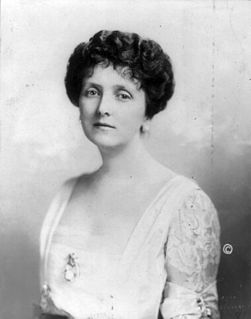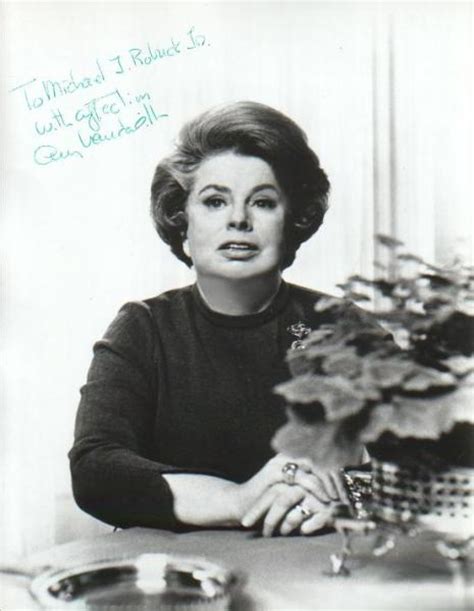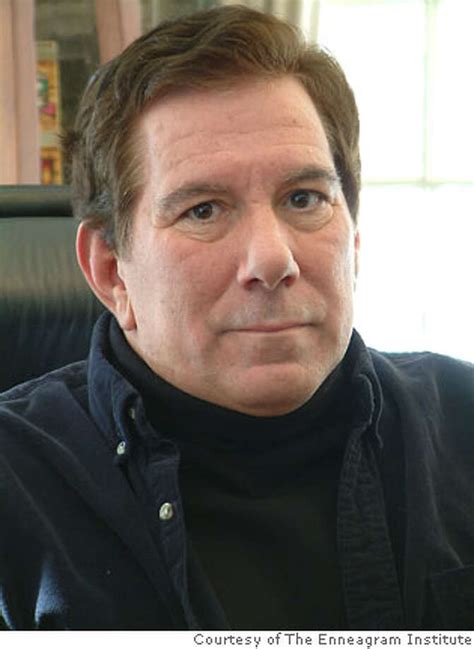A Quote by Edmund Burke
Unsociable humors are contracted in solitude, which will, in the end, not fail of corrupting the understanding as well as the manners, and of utterly disqualifying a man for the satisfactions and duties of life. Men must be taken as they are, and we neither make them or ourselves better by flying from or quarreling with them.
Related Quotes
In handling men, there are three feelings that a man must not possess-fear, dislike and contempt. If he is afraid of men he cannot handle them. Neither can he influence them in his favor if he dislikes or scorns them. He must neither cringe nor sneer. He must have both self-respect and respect for others.
EDUCATION, n. The bringing up, as of a child; instruction; formation of manners. Education comprehends all that series of instruction and discipline which is intended to enlighten the understanding, correct the temper, and form the manners and habits of youth, and fit them for usefulness in their future stations. To give children a good education in manners, arts and science, is important; to give them a religious education is indispensable; and an immense responsibility rests on parents and guardians who neglect these duties.
He who perceives in the spiritual world must know that at times Imaginations are assigned to him which at first he must forego understanding; he must receive them as Imaginations and let them ripen in his soul as such. In spiritual experience, much depends on a man having the patience to make observations, at first to simply accept them, and to wait with understanding them until the right moment arrives.
Man, no doubt, owes many other moral duties to his fellow men; such as to feed the hungry, clothe the naked, shelter the homeless, care for the sick, protect the defenseless, assist the weak, and enlighten the ignorant. But these are simply moral duties, of which each man must be his own judge, in each particular case, as to whether, and how, and how far, he can, or will perform them.
I know no man who feels deeper disgust than I do at the ambition, avarice, and profligacy of the priesthood, as well because every one of these vices is odious in itself, as because each of them separately and all of them together are utterly abhorrent in men making profession of a life dedicated to God.
Life expects of you duties which appear repugnant to you. You must now know that the most important thing is not duties but what permits you to be someone good and just. There are many who will say to you that this is a piece of asocial advice, but you only have to reply to them: When the forms of society are so hard and hostile to life, it is more important to be asocial than inhuman
One day the enemy will cross the Great Green. They will bring war and tragedy to these eastern lands. Such is the nature of vile men. Yet we cannot live in dread of them. We cannot hide behind these high walls, our hearts trembling. For that is not life. We must accept the needs and the duties of each day, and face them one at a time.
Manners are made up of trivialities of deportment which can be easily learned if one does not happen to know them; manner is personality - the outward manifestation of one's innate character and attitude toward life.... Etiquette must, if it is to be of more than trifling use, include ethics as well as manners. Certainly what one is, is of far greater importance than what one appears to be.
Much has been given us, and much will rightfully be expected from us. We have duties to others and duties to ourselves; and we can shirk neither. We have become a great nation, forced by the fact of its greatness into relations with other nations of the earth, and we must behave as beseems a people with such responsibilities.
The education of young citizens ought to form them to good manners, to accustom them to labor, to inspire them with a love of order, and to impress them with respect for. lawful authority. Religion is the only solid basis of good morals; therefore education should teach the precepts of religion, and the duties of man towards God.
The testimony of the greatest humans who have ever lived is that the way to make the most of ourselves is by transcending ourselves. We must learn to move beyond self-centeredness to make room within ourselves for others. When you transcend yourself, the fact will be confirmed by the quality of your life. We will attain - even if only momentarily - a transparency and a radiance of being which results from living both within and beyond yourself. This is the promise and the excitement of self-understanding.










































